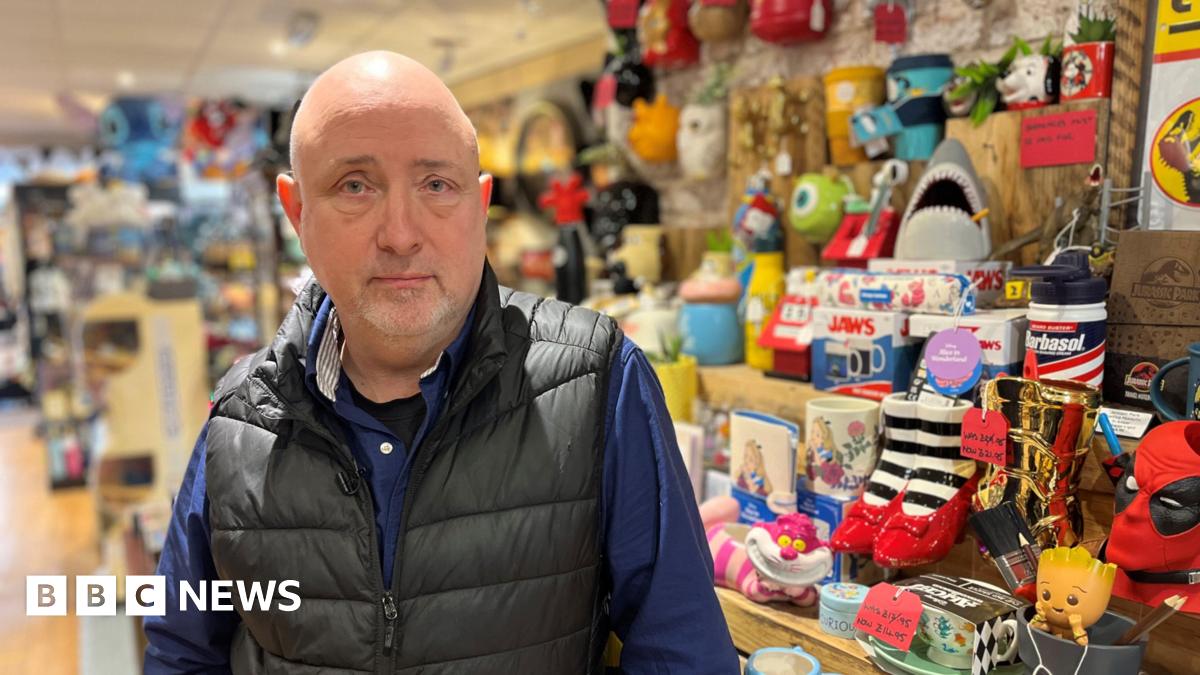Railroad switch
In every situation in life, there are factors that are outside of our control, and there are factors that lie within our control. And it’s likely that all of us have struggled to make that distinction at one time or another.
When we feel like we’re backed into a corner, it’s easy to deflect responsibility. It’s a habit that forms in childhood for most of us: a pair of shoes “got dirty” instead of saying, “I jumped in a gigantic, muddy puddle,” or a shirt “got wet,” when a child poured water down the front of it.
We don’t have to be masters of deflection.
By the time we’re adults, we’re reflexively good at this form of deflection. We point to circumstances around us that explain declines in performance, missed deadlines, and more.
We are prone to use the same vocabulary as children—life is happening to us, and we are just bystanders caught in the mix. But we’re rarely victims to factors entirely outside of our control. It’s more likely that we struggle or neglect to name what we can control.
But to continue on merely as victims of our circumstances—as innocent bystanders to whom life just happens—requires us to embrace powerlessness. And this mindset likely persists beyond the workplace. Powerlessness in every area of our lives can lead to a feeling of despair.
Choose your own way.
Clarifying what you can and cannot control is an essential ingredient in the recipe for growth.
No matter the circumstance, name what’s in your control. You may not be able to control a global or large-scale experience, but you can choose to keep a level head or seek wisdom from a mentor or peer. You are in control of how you speak to your team about what is happening.
For example, in the face of an economic downturn, you may see numbers drop—but it’s likely there are still ways to impact performance, morale, and more within your organization.
Viktor Frankl, the famed Austrian psychiatrist who survived Auschwitz and three other Nazi death camps, wrote in his memoir Man’s Search for Meaning, “Everything can be taken from a man but one thing: the last of human freedoms – to choose one’s attitude in any given set of circumstances, to choose one’s own way.”
In his work, Frankl emphasized that there’s a gap between stimulus and response, and that gap is our moment of choice. We have the opportunity to choose our response in response to what is happening to us. The challenge, then, is noticing and responding in that moment with a choice that ultimately leads to growth, freedom, and peace of mind—for you, your stakeholders, and the people you care about.
Embrace a leadership mindset.
If the power goes out during a storm, you could get frustrated with how this has derailed your day, sit down, and wait for the power to return.
Or you could shift your focus away from your frustration, get a flashlight or candles, make a report to your power company, and check on your neighbors and family. If you have young children, you might find a way to make it fun and mitigate any anxiety or fear they’re experiencing.
In any challenging situation, choosing to focus on the elements outside your control will make you feel like a victim. You’re giving up your autonomy and your power.
But in that same situation, if you focus on the factors within your control, you’ll feel like a leader—you can identify the next steps and take action. This way of thinking is the leadership mindset, and it ultimately leads to power, peace, and confidence.
Leaders who have truly embraced this mindset won’t use language that blames circumstances or other people. Instead, they assert their freedom of choice and exercise their agency.
We don’t have to let life happen to us. In our personal and professional lives, we’ll encounter overwhelming, frustrating, or even exhausting things. That’s part of the human experience
But when these things do happen, we don’t have to let them just happen to us. We can proactively respond and make choices that help us find a way forward. That’s a true leadership mindset.
Credit: Source link











